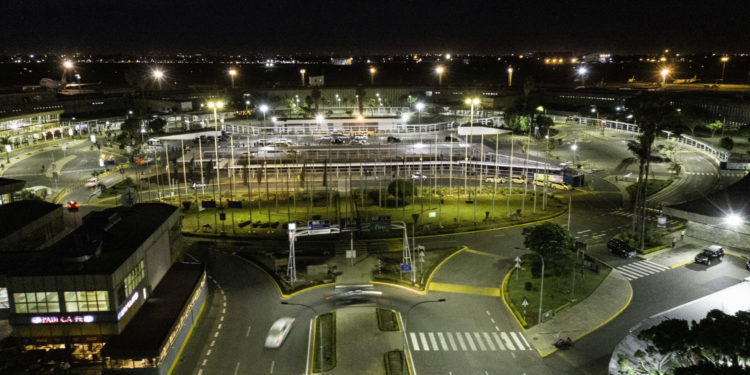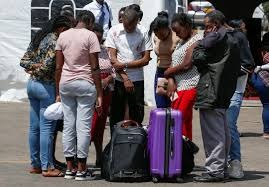Kenya Airports Authority (KAA) has officially acknowledged an investment proposal from India’s Adani Airport Holdings Limited for the modernisation of Jomo Kenyatta International Airport (JKIA), confirming earlier whistleblower reports of a potential deal between the two entities.
In a statement released on Wednesday, KAA’s Acting Managing Director, Henry Ogoye, revealed that Adani has proposed to “invest in a new passenger terminal building, second runway and refurbishment of the existing facilities at JKIA.” This announcement comes amid growing controversy over the transparency and terms of the potential agreement.
Responding to the allegations, Adani Group provided a detailed statement to Only Fact India, defending the proposed deal. The company emphasized that the public-private partnership (PPP) model ensures accountability and structured returns, unlike the “vague implications of Eurobond funds.”
“The projected year-on-year increase in the asset block and aeronautical yield per passenger (YPP) demonstrates the project’s long-term financial sustainability,” an Adani spokesperson stated. The company expects to achieve an 18% Internal Rate of Return (IRR) from the aeronautical business, making the project financially attractive for investors.
Adani also highlighted that the proposed 30-year tenure “ensures long-term commitment and sustainable development.” The deal structure includes a fixed concession fee and additional payments adjusted for inflation, which Adani claims will benefit the Kenyan government over the concession period.
Addressing concerns about potential monopolistic practices, Adani clarified that “all charges for aeronautical and non-aeronautical services will be billed in USD, providing a stable revenue stream.” The company also stressed that the Capital Expenditure (CAPEX) of USD 1.85 billion “will be refunded at the end of the term, so Kenya Airports Authority (KAA) won’t have to pay upfront costs.”
Regarding land use concerns, Adani stated that “proper planning and community engagement can address concerns about land issues.” The company sees the allocation of unencumbered land for development around the airport as crucial for creating an “airport city,” similar to Frankfurt Airport, which could generate jobs and economic growth.
The KAA’s statement appears to validate recent whistleblower reports that alleged a Build, Operate, and Transfer (BOT) model deal between KAA and Adani Group. Adani defended this model, stating it is “commonly used for airport projects worldwide” and “allows private companies to develop and manage airport infrastructure while the public sector retains ownership.”
While the KAA statement does not explicitly mention the 30-year term or the reported 18% equity stake for Adani Group, it does confirm the Indian conglomerate’s involvement in the airport’s planned expansion.
Addressing concerns raised by various stakeholders, Ogoye assured that “no jobs are at risk” and that “the expanded facility will create additional business opportunities and attendant benefits” for the airport business community and operators.


















